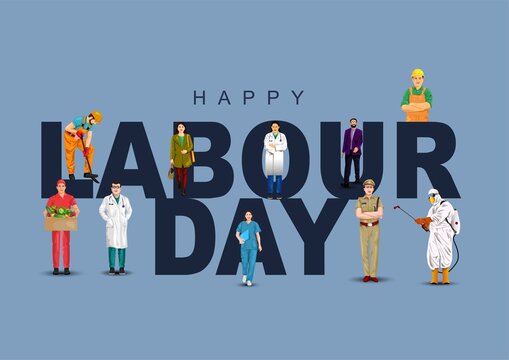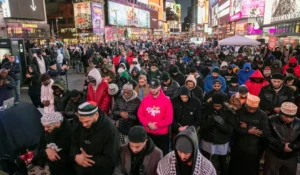Labour Day: From Workers’ Struggle to Consumer Celebration

Labour Day in the United States, observed on the first Monday of September, has become less about workers’ rights and more about long weekends, shopping discounts and backyard barbecues. Yet its origins lie in a much bloodier struggle that transformed labour rights across the world.
The modern labour movement was born in the US in the late 19th century. Workers’ demands for eight-hour workdays, fair wages and safer conditions were won through strikes, protests and, in many cases, bloodshed. The Haymarket affair in Chicago in 1886, where police opened fire on protesting workers, remains one of the most defining moments of labour history.
International Workers’ Day on 1 May is commemorated globally to honour that struggle. But the US deliberately shifted its commemoration to September—avoiding reminders of violent clashes between workers and authorities.
Today, Labour Day in America is often seen as the symbolic end of summer rather than a day of remembrance. Highways clog with holiday traffic, shopping malls advertise “Labour Day Sales”, and millions of Americans treat it simply as a day off work. Surveys suggest that over 90% of workers view it as a holiday, not a day of protest or remembrance.
Labour unions, once the backbone of American worker solidarity, have weakened in influence. The rise of the gig economy has further eroded job security, with many workers in sectors like ride-sharing and food delivery lacking healthcare benefits or retirement protections.
While corporate profits continue to climb, wages have not kept pace. Critics argue that the meaning of Labour Day has been overshadowed by consumer culture—where advertisements for new cars, fashion brands and electronics dominate the holiday.
Elsewhere in the world, however, May Day remains a day of activism. In countries across South Asia, including Bangladesh, workers still march, raise slogans and demand rights.
For many labour historians, the American experience of Labour Day serves as a warning: when workers forget their history, they risk losing the rights that history secured.






